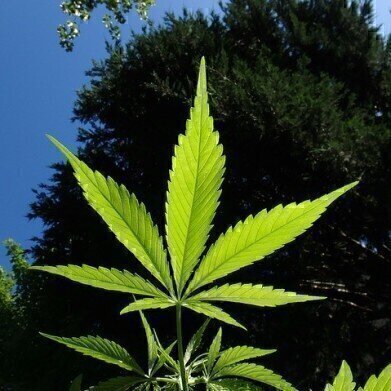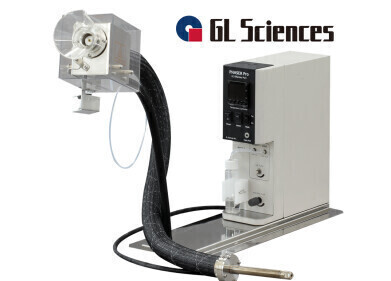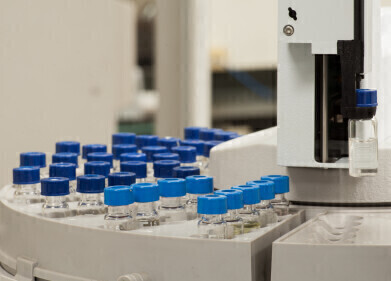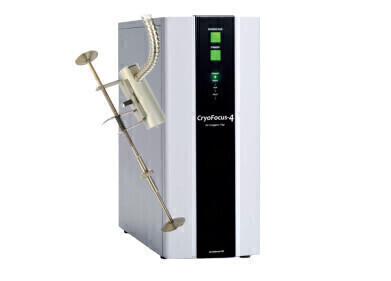GC, MDGC
What Role Would Chromatography Play in Legalising Cannabis?
Feb 20 2017
The cannabis market has changed tremendously in the past few years — particularly in the United States. Although many of the restrictions on possession, supply and cultivation are in place federally — the government has allowed individual states to decriminalize cannabis for medicinal or recreational use if each state has a system in place to control the use.
One of the biggest trade shows in the World — Pittcon — will this year be addressing the changing role of cannabis in society by addressing the challenges modern analytical labs will be facing with legalized cannabis. The show takes place in Chicago in early March, so let’s look at the role chromatography might play in the new world of legalized cannabis.
Legalized weed
Over half of the states in the US now allow cannabis for medicinal uses and almost ten states have laws that have decriminalized cannabis for recreational use. The actual rules vary by state — but more states are planning to allow their residents a vote on the future legality of cannabis for either medicinal or recreational use. The changes are due in part to the public attitudes towards cannabis.
But, changing the law on cannabis is not straightforward. Systems must be in place that allow states to regulate the industry. And that means laboratories must be geared up to test cannabis for strength or potency and to find any adulterants and ensure that medicinal cannabis ifs safe for patients to use.
Separating the weeds
It is likely that chromatography will have a large part to play in any new legalized cannabis industry. Extracting key components from cannabis and purifying various cannabis forms could be a growth industry following legalisation. Usually solvent extraction is the most convenient method — but the residual solvent extracts must be removed before the cannabis can be used. Gas chromatography is one of the key methods for measuring residual solvents as discussed in the article, Analysing residual solvents.
THC (tetrahydrocannabinol) is the main psychoactive compound in cannabis — the compound that needs to be analysed for the drugs potency. But there are many more active compounds in cannabis, some add flavour, others contribute to the distinctive aroma of cannabis — and testing labs need to be able to separate all these compounds out and determine what exactly is in the sample. There are both gas and liquid chromatography methods for carrying out these analyses depending on what exactly is required.
Chromatography can also analyse cannabis samples for impurities such as pesticides or fungi. For patients who rely on medicinal cannabis these contaminants could cause complications, especially if the patient has a compromised immune system.
Pittcon will also address the impact the changes in law have had on public health since cannabis was legalized. So, to find out more about chromatography and cannabis head out to Chicago, and visit Pittcon 2017.
Events
May 18 2025 Tempe. AZ, USA
May 21 2025 Birmingham, UK
Jun 01 2025 Baltimore, MD, USA
Jun 15 2025 Bruges, Belgium
Jul 14 2025 Kuala Lumpur, Malaylsia














